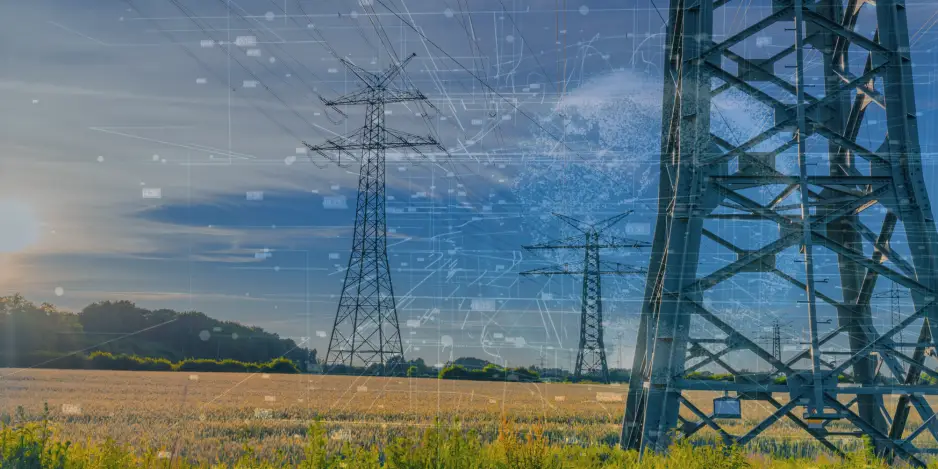You already know the benefits of the renewable energy transition. The arguments for net zero, the dangers of fossil fuels, the importance of sustainable, clean energy. But there’s one more reason that you may not be aware of, that might finally change the minds of those who continue to invest and promote conventional energy projects:
Renewable energy is now cheaper than fossil fuel generation.
New green energy projects have been cheaper than fossil fuel projects for a couple of years now, thanks to improvements in technology and economies of scale leading to rapid falling in prices - while fossil fuel prices, impacted by global events, have been going up.
And it’s set to continue. The average cost of a large-scale solar PV project fell 85% in the decade from 2010 to 2020. Then between 2020 and 2021 alone, the cost of electricity from onshore wind fell by 15%, offshore by 13% and solar PV by 13% - during a time when oil and gas prices skyrocketed.
A report by the International Renewable Energy Agency (IRENA) last month estimated that the renewable power added through new and upgraded projects in 2021 saved the global energy market around $55 billion US.
And by last year, it was estimated that new renewable energy projects were now cheaper to build, operate and maintain than existing oil and gas projects.
The milestones for renewables keep coming, with energy rates falling and construction getting more advanced. The only thing potentially holding these back is transmission and distribution networks, but projects to upgrade those are massively gaining traction globally.
A surprisingly economical energy transition
The results may be surprising, but there’s more to come. Research by Oxford University, published last year, suggests that ending fossil fuel use by 2050 could save the world’s markets at least $12 trillion.
Their research found that the prices of fossil fuels, existing for inflation, are still relatively similar to their cost 140 years ago. Despite many spikes caused by the ups and downs of global events, a long-term look shows that the market doesn’t really change.
Yet with renewables, the costs only trend downwards. These projects are much more dependent on the technology used, and that is improving all the time.
The researchers predicted that renewable energy production will outstrip oil and gas production within the next 10 years if current growth continued (solar energy production has increased globally by 44% each year since 1990, while wind power has increased by 23% per year).
And it’s now expected that the cost differences are very sustainable. A recent report by the UK Department for Energy Security & Net Zero suggests that generation of power from wind and solar projects will be less than half the cost of gas energy, with the price gap actually widening over the next 20 years.
By 2040, however, the cost of wind (both onshore and offshore) is expected to fall to £41/MWh and solar to just £30/MWh - while gas is expected to rise to around £179/MWh (and potentially as high as £195/MWh).
Put simply: within 20 years solar power in the UK is expected to cost six times less than gas.
Why is this important?
The more cost-effective these projects are, the more people will be willing to invest in them. Whether that’s energy businesses, independent financers or global governments. Everyone wants to see a strong return and the winds have shifted away from that being defined by the fossil fuel market.
More investment, more projects, means more jobs in commissioning, installation, operation and maintenance of renewable energy projects. There is more to be gained for more people than ever from the renewable energy transition and engineering professionals should be aware of the growing opportunity.
Last year it was estimated that the number jobs in the renewable energy industry was growing four times faster than the overall employment market.
Another study found that those working in renewable energy have the most in-demand skills, with eight in 10 being headhunted for at least one new job in the past year.
The sector is wide open for experienced engineering professionals to progress their career with new global opportunities in projects that are making a huge difference to the world.
Amoria Bond’s energy recruitment teams specialist in sourcing people with the right experience, qualifications and capabilities for niche roles across the renewable energy industry.
We partner with some of the biggest renewable energy businesses to help them achieve their project goals, overcoming challenges that were preventing them from finding the best energy experts. Learn more about how our award-winning hiring professionals have helped others.
Get in touch with our renewable energy staffing specialists to learn more about our recruitment services in this growing global market.





